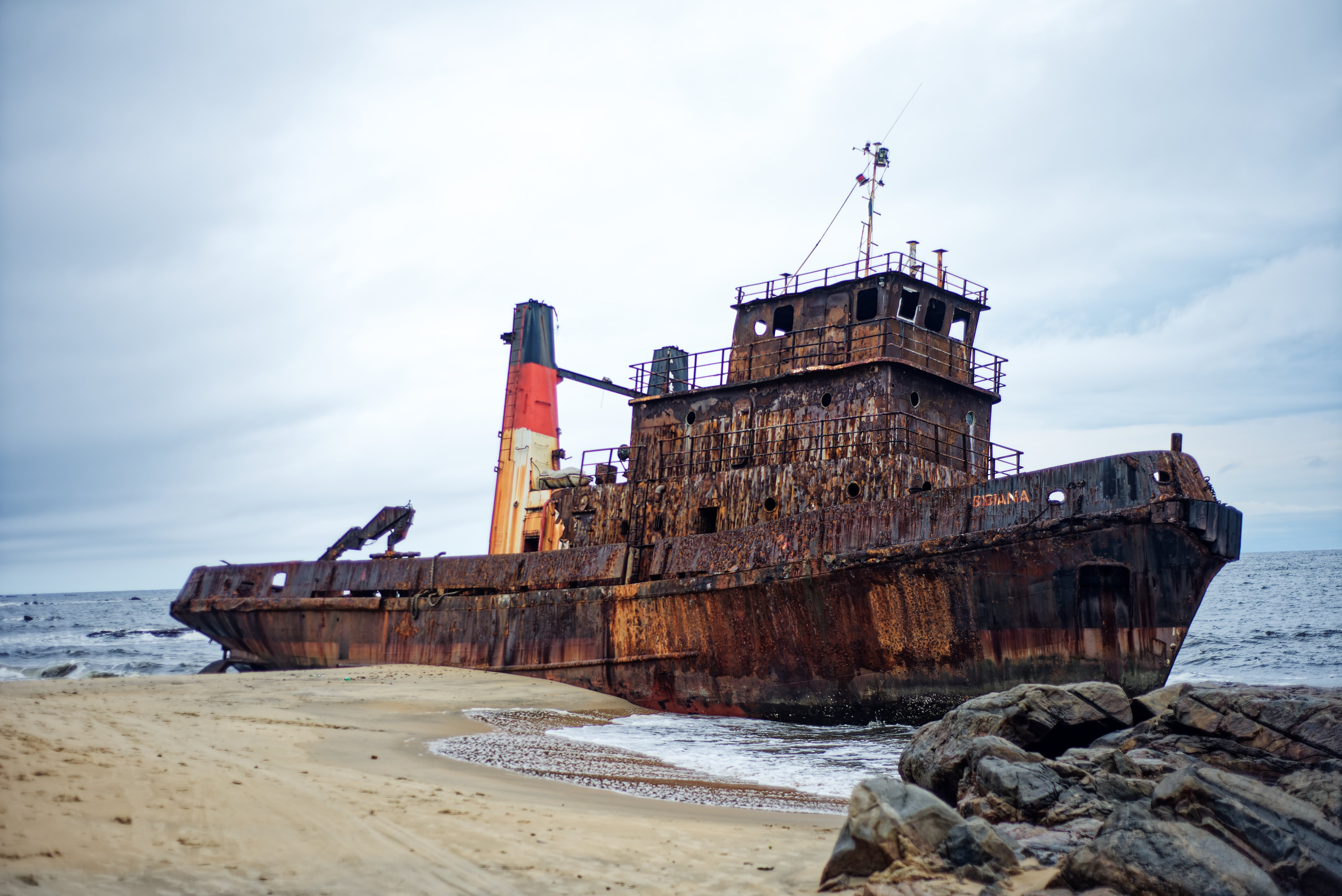Today's seafaring smugglers may have traded the swashbuckling swordplay of yesteryear for modern-day missiles and mines, but piracy remains alive and well on the open seas.
"Somewhere in the world today, there's a pirate event," Terry McKnight, a retired Rear Admiral in the US Navy, told Insider.
A government seizure notice filed in court earlier this month helped shed light on the present-day loot these smugglers often traffic.
The United States Naval Forces Central Command in its seizure notice included a series of striking photos showcasing thousands of weapons and nearly 800,000 rounds of ammunition seized from four vessels sailing in international waters in the Gulf of Oman and the Arabian Sea in 2021 and 2023.
Government officials believe the 10,000 rifles, nearly 200 rocket launchers, and piles of ammunition were part of an Iranian smuggling operation to support rebel forces in the Yemen Republic amid an ongoing civil war.
Weapons smuggling across international waters is nothing new, and in fact, pirate attacks are generally on the decline, with 2022 seeing the lowest number of piracy incidents since 1994, according to a report from International Maritime Bureau.

But McKnight, who was the first commander of an international anti-piracy task force, said the problem of piracy is unlikely to ever be entirely eradicated.
"As long as ships go to sea, there's gonna be piracy," he said.
The 'wild, wild West' on the open seas
McKnight, who oversaw Combined Task Force 151 for five months in 2009, said the multinational counter-piracy task force was created to address the increasing issue of maritime piracy off the coast of Somalia that exploded in the mid-to-late aughts.
These "pirates" would capture vessels in international waters and bring them back into territorial waters — the seas up to 12 miles surrounding a sovereign state in which no other authorities have jurisdiction — to avoid being apprehended, McKnight said.
The Gulf of Aden, located between Yemen to the north and Somalia to the south, became a prime piracy spot amid the surge thanks to its status as a massive trade route that sees more than 20,000 merchant ships pass through each year.
"It's the wild, wild West out there. There are hundreds of dhows either smuggling arms, drugs, or people," McKnight said, referring to the narrow ships that often operate without an identification signal.
Rampant drug trafficking throughout the Gulf of Aden has spawned a biting nickname for the waterway — the hash highway — and weapons are often carried from Africa to Yemen on its seas, McKnight said.
"It's like trying to pick a needle out of a haystack," he said of apprehending traffickers.
Boarding parties can bring danger
The process of intercepting illegal goods on the open ocean is a laborious one, McKnight said.
Citing his own experience commanding the still operational anti-piracy task force, McKnight said officials will usually go after a vessel only after they have sufficient intelligence suggesting the ship is carrying illegal items.
Then, they watch and wait. Authorities will track these dhows, sometimes for days, McKnight said, as they hug the coastline. But the moment they exit territorial waters and make for the open seas, maritime officials are ready to apprehend them, he said.
Next comes the boarding party, McKnight said. Officials deal with both compliant and non-compliant boardings depending on whether the vessel's inhabitants agree to be boarded. Only Naval Special Warfare forces can conduct a non-compliant boarding, given the dangerous nature of the interaction, McKnight said.
Even compliant boardings carry real risk though; a stray seaman could always be waiting below deck, ready to pounce, McKnight said.
"It's not for the faint of heart," he told Insider.
But in many cases, the people on these dhows are simply hired to transport the goods, McKnight said. Sometimes they know what they're carrying, other times, they're unaware.
"They don't care what they are transporting, could be rugs, drugs, or guns," he added.
And when maritime officials do encounter a "jackpot" like the weapons seizure documented in this month's Navy court documents, government leaders can't help but show off their treasures.
"There's no doubt that someone wanted to send a message," McKnight said of the deck photo shoot.
Source: Insider





